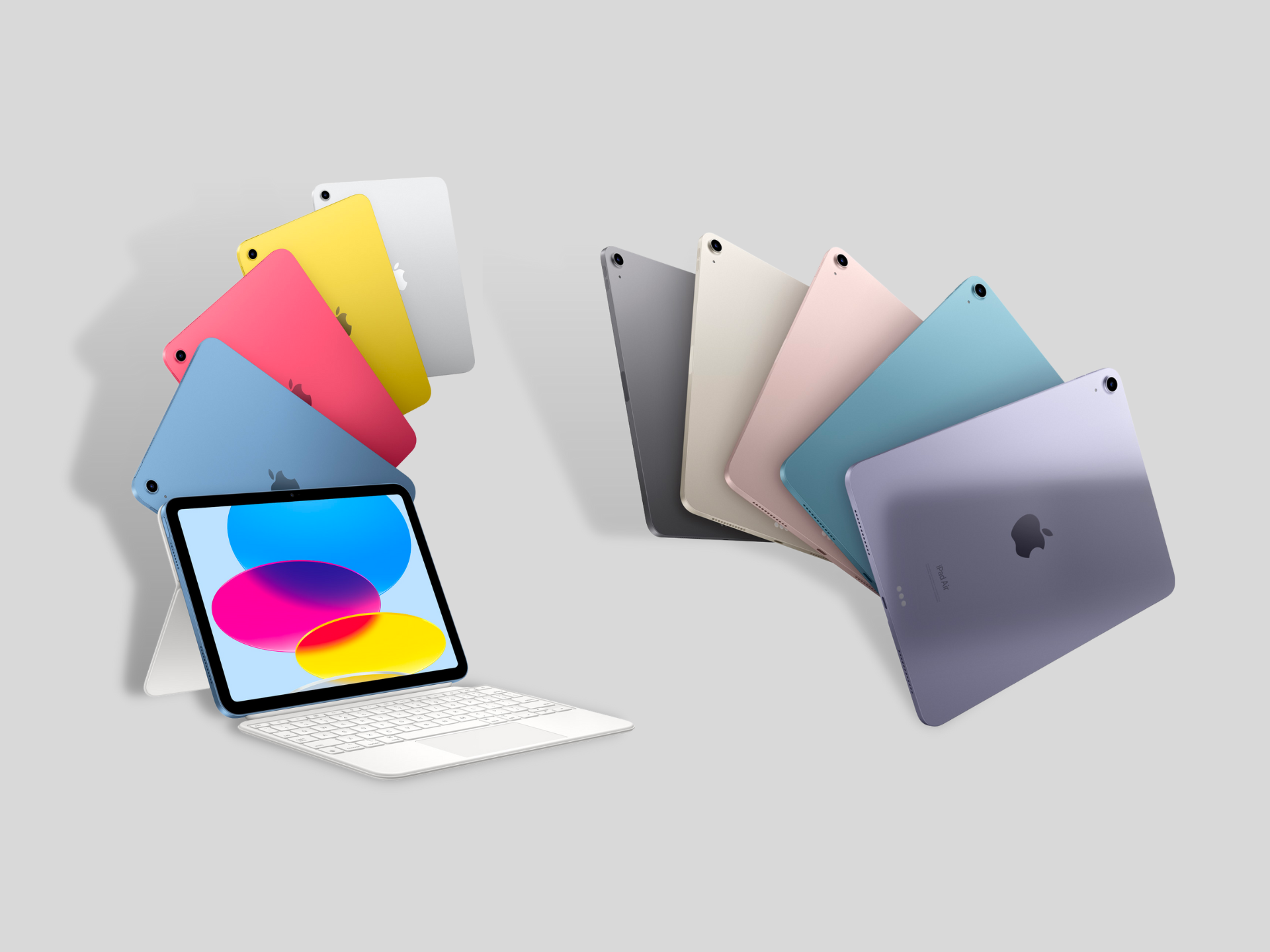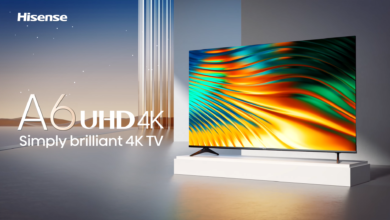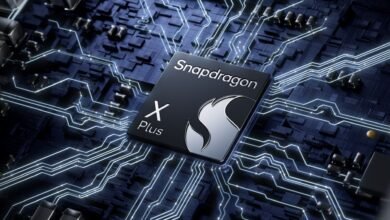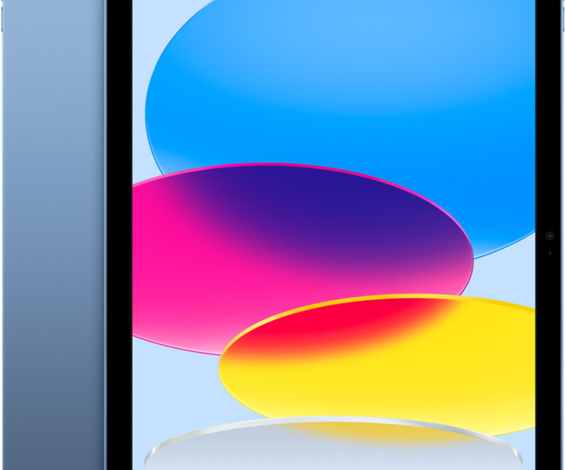
-
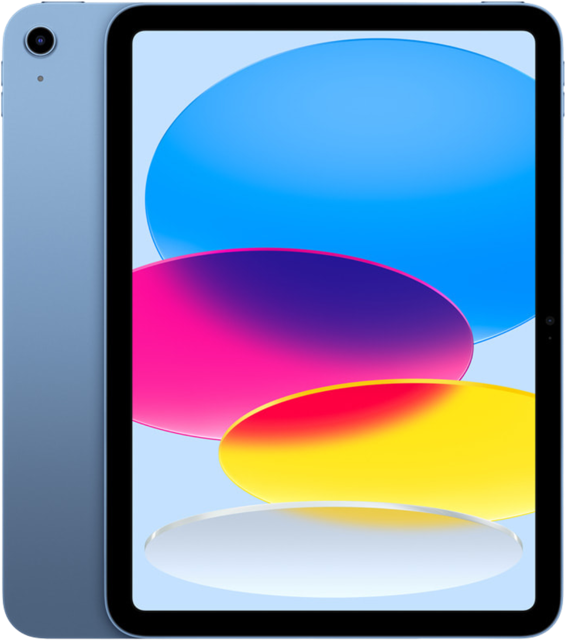
iPad 10th Generation
$349 $449 Save $100
The 10th Generation iPad features a completely new design, a bigger 10.9-inch display, a faster 14 Bionic chipset, USB-C connectivity, 5G, and much more.
Pros- Modern design and larger display
- Great performance
- Good battery life
Cons- It costs more than previous generation
- Accessory compatibility is confusing
-
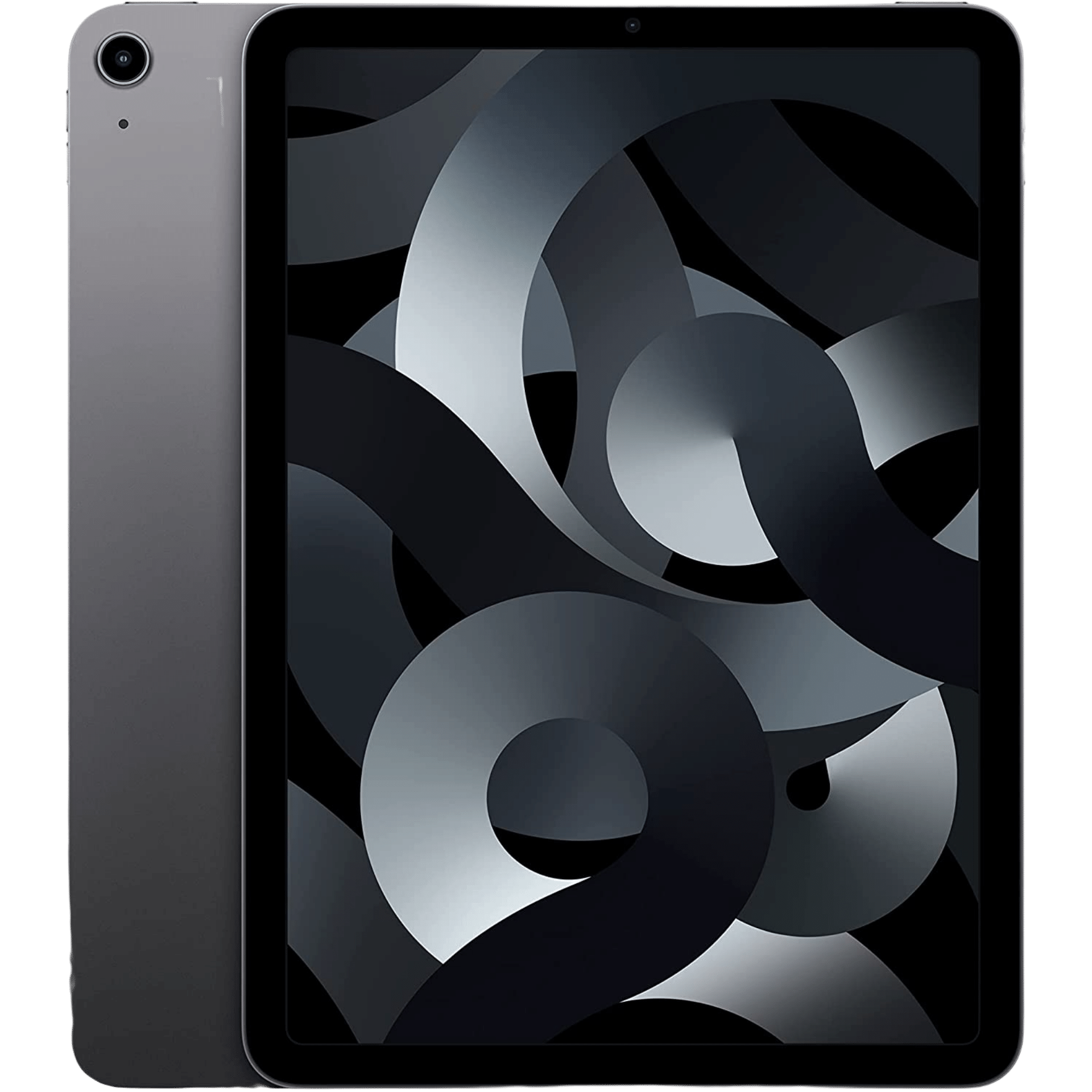
iPad Air (5th Generation)
$500 $600 Save $100
iPad Air 5th Gen brings the highly rated M1 processor, 5G connectivity (for cellular models), Center Stage capability, and all-new colors. It starts at $599 for the 64GB WiFi-only model, with an upgrade to 256GB of internal storage available.
Pros- Beautiful display
- Excellent performance
- Long battery life
Cons- 64GB of base storage isn’t enough and upgraded storage tier is expensive
What do you get when you combine the iPad 9th generation with the iPad Air? The iPad 10th generation comes with small bezels, a newer chipset, the latest and most elegant design, and updated features that make it appealing to a broader audience. At least, that’s what Apple hoped to achieve with the new device.
Apple has upgraded the entry-level iPad with a new design, one that follows the changes of the iPad Pro, iPad mini, and the iPad Air lineup. The new iPad now sports a 10.9-inch Liquid Retina IPS LCD with smaller bezels and flat sides, and it even swaps the ancient Lightning port for a USB-C port. The tablet also received a spec bump, and it’s powered by the Apple A14 Bionic chip, but the device has also received a significant price increase.
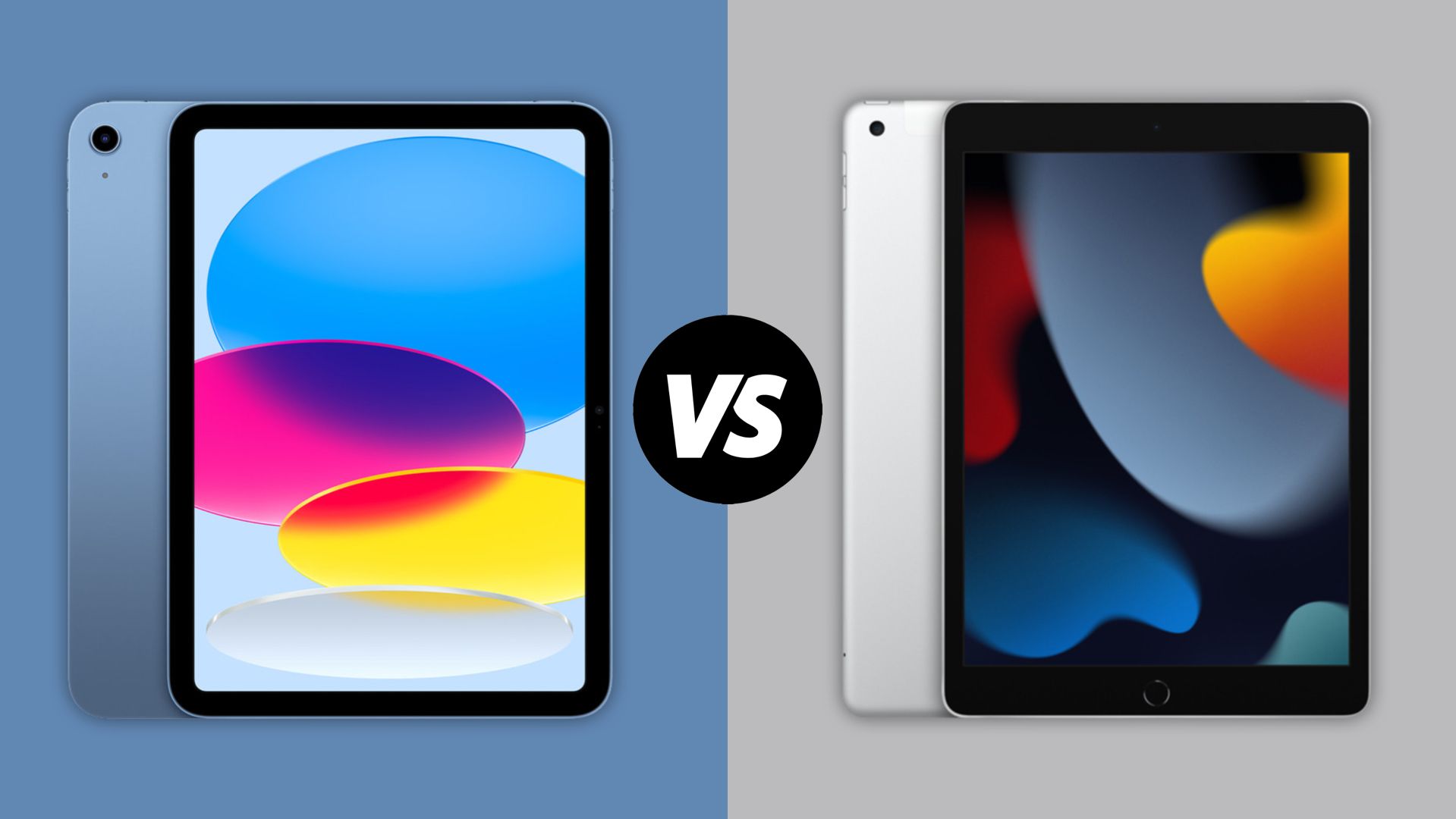
iPad 10th Gen vs iPad 9th Gen: Is The Price Difference Worth It?
Apple has introduced the 10th Gen iPad, but it costs $120 more than the 9th Gen variant. So, is it worth paying the higher price? Let’s find out.
-
iPad 10th Generation iPad Air (5th Generation) Storage 64GB, 256GB 64GB, 256GB Memory 4GB 8GB Operating System iPadOS iPadOS Battery 8,557mAh 28.6 Wh Ports USB Type-C 2.0 USB-C Connectivity 5G/LTE, Wi-Fi 6, Bluetooth 5.2 5G, LTE, Wi-Fi 6, Bluetooth 5.0 Colors Blue, Pink, Yellow, Silver Space Gray, Starlight, Purple, Blue, Pink Weight 477 g (Wi-Fi) | 481 g (Cellular) 461 g (Wi-Fi) | 462 g (Cellular) SoC Apple A14 Bionic Apple M1 Front Camera 12MP f/2.4 12MP, f/2.4, 122-degree FoV Rear Camera 12MP f/1.8 12MP, f/1.8 Dimensions 9.79 x 7.07 x 0.28 in (248.6 x 179.5 x 7 mm) 9.75 x 7.03 x 0.24 in (247.6 x 178.5 x 6.1 mm) Display 10.9-inch, Liquid Retina IPS LCD, 1640 x 2360, 500 nits 10.9-inch, Liquid Retina, IPS LCD, 1,640 x 2,360 Stylus Input Apple Pencil (1st Generation) Compatible with Apple Pen (2nd Gen)
Price & Availability
The base model of the iPad 10th Generation with 64GB starts at $449 in the US, which is a significant price increase. For reference, the entry-level iPad (9th generation) retailed for $329 in 2021, which was an attractive and affordable price. The 10th generation will have a challenging job of convincing buyers to upgrade, or to purchase over the 9th generation, which remains available for $329 for the 64GB model, and $479 for the 256GB Wi-Fi models.
The iPad Air 5th generation costs slightly more than the new iPad (10th gen.), making it slightly harder to recommend for those looking for a general tablet for some light tasks and entertainment. The iPad Air 5th Gen is better for those who are seeking more power and those who can take advantage of the second-generation Apple Pencil.
| Model – Storage – Connectivity | Price (USD, GBP, EUR) |
| iPad (10th Generation) – 64GB – Wi-Fi | $449, £499, €579 |
| iPad (10th Generation) – 64GB – Cellular | $599, £679, €779 |
| iPad (10th Generation) – 256GB – Wi-Fi | $599, £679, €779 |
| iPad (10th Generation) – 256GB – Cellular | $749, £859, €979 |
| iPad Air (5th Generation) – 64GB – Wi-Fi | $599, £669, €769 |
| iPad Air (5th Generation) – 64GB – Cellular | $749, £849, €969 |
| iPad Air (5th Generation) – 256GB – Wi-Fi | $749, £849, €969 |
| iPad Air (5th Generation) – 256GB – Cellular | $899, £1,029, €1,169, |
Design
When it comes to the design differences between the iPad and the iPad Air, there are minor changes between the two devices. First, and foremost, both tablets feature the same exact design and come with the same display technologies and sizes. There are some small differences when it comes to the features, but it’s mostly the same display panel, supporting a different layer of technology for the Apple Pencil, and the colors. The two displays appear to be identical in terms of size and small bezels.
When it comes to the form factor, the iPad Air is slightly smaller, narrower, and thinner than the vanilla iPad, and it also appears to weigh a little more than 10 grams less, which is hardly noticeable in real-world use. Both of the devices are available in unique colors, and the iPad (10th Generation) is available in four colors, including Blue, Pink, Silver, and Yellow. The iPad Air (5th Generation) is available in five colors, including Space Gray, Blue, Pink, Purple, and Starlight.
Although the colors appear to have similar names for the two devices, the iPad Air goes for a toned-down, pale colors science, while the traditional iPad takes on a more vibrant hue, making it stand out more. We’ll let you decide which one is best for you, we love both takes for their unique color options.
Display
Both devices have a 10.9-inch Liquid Retina IPS LCD display with the resolution of 1640 x 2360, and both have up to 500 nits of brightness. The only difference between the two display panels is that the iPad Air supports the new Apple Pencil 2nd generation, whereas the iPad only supports the first generation. The other notable difference is with the colors, as the iPad only supports the sRGB color science, while the iPad Air supports the more colorful P3 color gamut, which could be ideal for artists, and those who want to edit photos and edit videos.
Performance
The performance difference between the Apple A14 Bionic and the Apple M1 chip is quite significant; however, average users can multitask, play graphics-intensive games, and even do creative work on the traditional iPad due to the software limitations of iPadOS. iPadOS 16 has received a lot of new and impressive updates. However, it’s still far from being the best option for creative individuals, and it lacks essential features to make it an easy and go-to recommendation for most power users.
Users who are actually using the iPad to create graphics and doodle for professional purposes might find that the iPad Pros might be too expensive for their needs, or potentially too large. This is exactly why it’s an easy recommendation for those who are looking for a more compact device that still supports the 2nd generation Apple Pencil. It has the power of the M1 chip, and the 10.9-inch display provides excellent viewing angles and a large canvas size to multitask, create content, and do creative content.
Which one should you buy?
Suppose you only use the tablet occasionally, and only browse the web, look at photos, chat with friends, and play games every once in a while. In that case, sticking with the 9th generation iPad is your best option, not to mention, the single most affordable decision you can make today. However, if you have the budget, and want something more modern, then the iPad 10th generation might not be the worst option out there, although, the higher price tag could make some people consider the older model which still works perfectly fine today.
-

iPad 10th Generation
$349 $449 Save $100
The 10th Generation iPad features a completely new design, a bigger 10.9-inch display, a faster 14 Bionic chipset, USB-C connectivity, 5G, and much more.
-

iPad Air (5th Generation)
$500 $600 Save $100
iPad Air 5th Gen brings the highly rated M1 processor, 5G connectivity (for cellular models), Center Stage capability, and all-new colors. It starts at $599 for the 64GB WiFi-only model, with an upgrade to 256GB of internal storage available.
If you’re happy with your existing 8th or 9th-generation iPad, then we would likely recommend you to stick with them, unless you have the budget to go for a new one. Even in that case, we would recommend a refurbished iPad Air, assuming you need more power and support for the 2nd generation Apple Pencil.
However, if you’re a power user, or want to take advantage of the more precise Apple Pencil (2nd generation), the more colorful display and significantly faster processing power, the iPad Air (5th gen.) is the clear winner as it provides far more than the standard iPad models. It’s much better suited for applications such as Final Cut Pro and photo editing, and multitasking will also be a more pleasant experience on this device.
Source link

